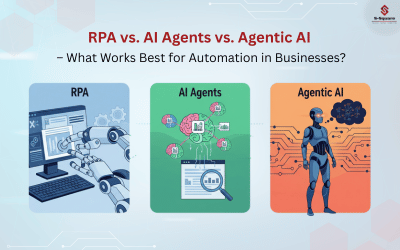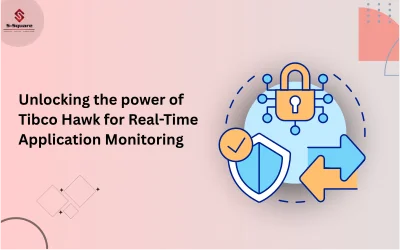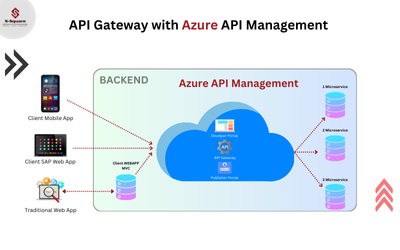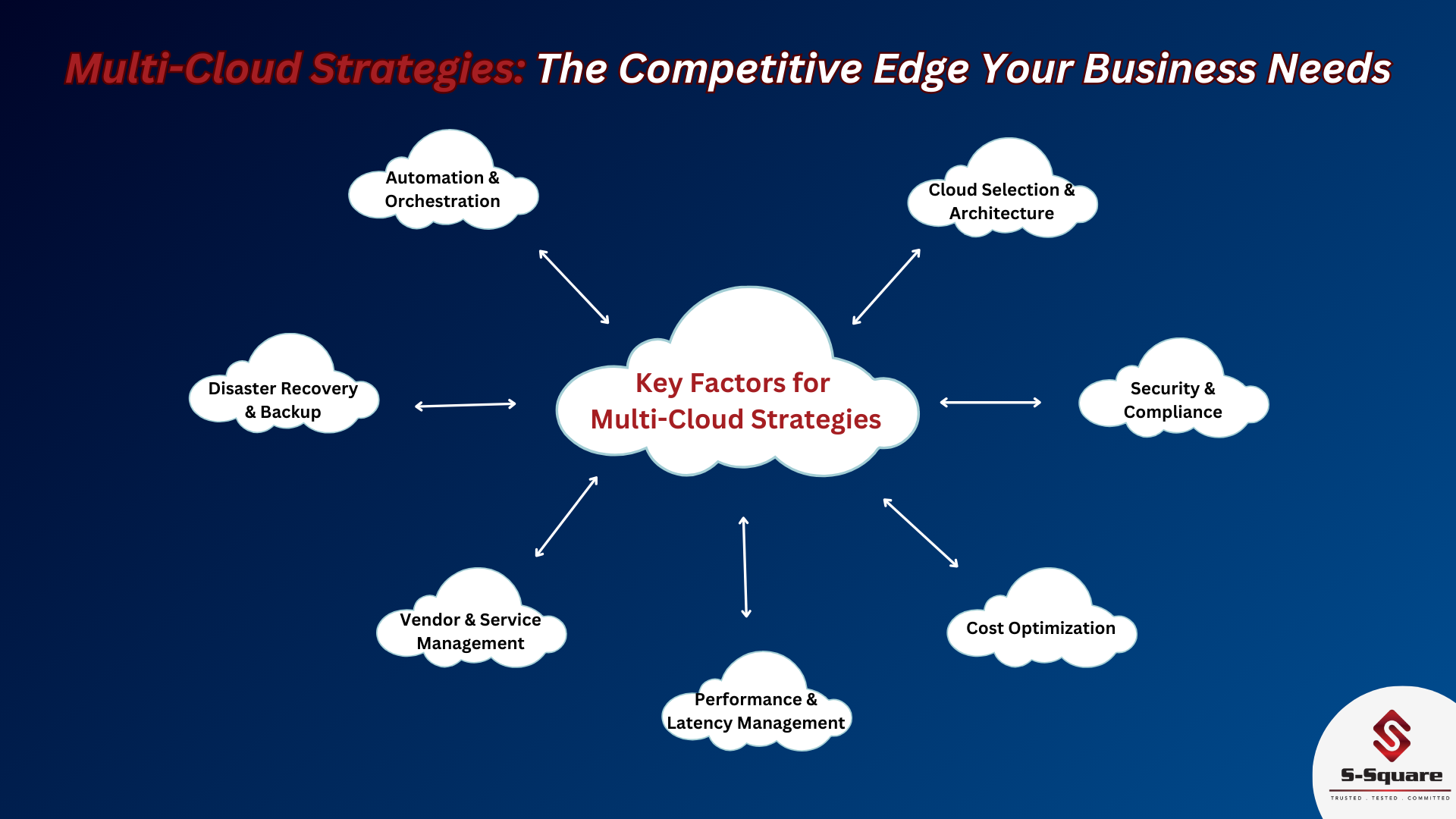| Table of Content |
| Conclusion |
Introduction
Workday is a leading enterprise cloud platform specializing in human resources and financial management software solutions. Workday is continuously evolving and is renowned for streamlining business operations, enhancing productivity, and improving user experiences. Artificial Intelligence (AI) is poised to transform its capabilities significantly, redefining the HR landscape by 2030. With rapid advancements in AI, businesses cannot afford to overlook how these technological leaps could amplify Workday’s offerings, delivering unprecedented efficiencies and insights.
Understanding the Current Workday Landscape
Currently, Workday delivers robust HR management, talent acquisition, payroll, and financial services for enterprises globally. Trusted by Fortune 500 companies, its intuitive interface and cloud-based functionality have fostered wide adoption. According to a recent Gartner report, Workday boasts a 97% user satisfaction rate, a testament to its reliability and performance.
The Emergence of AI in Enterprise Applications
AI is revolutionizing enterprise software with intelligent automation, predictive insights, and enhanced decision-making capabilities. Technologies such as machine learning, deep learning, and predictive analytics have transitioned from experimental phases to practical applications. Companies like Oracle, SAP, and Salesforce already integrate AI to deliver predictive insights, automate routine tasks, and personalize user experiences, setting a high standard for competition.
How AI is Set to Revolutionize Workday by 2030
AI-driven automation within Workday will revolutionize HR operations including recruitment, payroll management, and employee engagement. Automated recruiting platforms will precisely match candidates to roles using predictive analytics, significantly reducing hiring timelines. Payroll will leverage intelligent systems for flawless, real-time processing, minimizing human error and ensuring compliance.
Predictive analytics will empower Workday to proactively address talent management and retention, identifying key trends to mitigate turnover risks. AI will enable personalized employee experiences through tailored learning, skill assessments, and wellness programs, fundamentally transforming workplace engagement.
Workday is already strategically investing in AI technologies, establishing partnerships and making acquisitions aimed at incorporating advanced AI capabilities, reflecting its commitment to future readiness.
Real-world Case Studies
Global brands have started harnessing Workday’s evolving AI capabilities. For instance, Netflix employs Workday Extend to enhance HR workflows, streamlining operations and improving efficiency Johnson & Johnson integrates AI-driven Workday solutions to boost employee engagement through personalization, significantly reducing employee turnover. (source).
Benefits of AI Integration in Workday
Integrating AI within Workday is expected to yield significant business benefits, including:
- Improved efficiency and reduced operational costs: Automating routine tasks decreases time spent on administrative duties, allowing HR teams to focus strategically.
- Enhanced data-driven decision making: Predictive analytics will provide actionable insights, enabling proactive decision-making.
- Higher employee satisfaction and reduced turnover: Personalized experiences will foster greater job satisfaction and loyalty among employees.
As noted by Deloitte, “AI’s impact on HR software like Workday could potentially reduce workforce turnover by up to 30%, directly translating to enhanced productivity and organizational stability.”
Challenges and Considerations
However, adopting AI into Workday isn’t without challenges. Issues around data privacy, ethical AI use, and ensuring compliance with global regulations like GDPR remain critical. Companies must invest in educating employees about AI to mitigate resistance and effectively manage integration.
Best practices include:
- Clear communication on AI’s role and benefits
- Ensuring robust data governance frameworks
- Conducting regular audits to ensure ethical compliance
Predictions for Workday and AI Beyond 2030
Beyond 2030, Workday’s AI capabilities are expected to continue evolving, potentially incorporating advancements like emotional AI for nuanced employee interaction, hyper-personalized career pathing, and fully autonomous payroll and benefits management. According to industry expert Kevin Roose, “Enterprise software powered by AI could autonomously manage significant HR functions by 2035, redefining the workforce management landscape entirely.”
Strategic Recommendations for Businesses
To maximize the benefits of Workday’s AI integration, businesses should:
- Start early by adopting pilot AI projects within HR
- Invest in employee AI literacy programs
- Regularly review and update data compliance protocols
Ultimately, partnering with expert Workday AI integration consultants can significantly ease the transition, providing tailored solutions that ensure businesses remain at the forefront of technological advancements.
FAQs
1. How will AI integration in Workday affect current HR roles?
AI integration will automate routine tasks, allowing HR professionals to focus more on strategic functions like employee development and organizational culture.
2. Are there any risks associated with AI-driven Workday solutions?
Risks include data privacy, ethical usage, and compliance. Mitigating these involves robust governance frameworks and regular audits.
3. Can small businesses benefit from AI-enhanced Workday solutions?
Yes, AI-driven solutions provide efficiencies and cost savings beneficial even for small enterprises, improving HR operations significantly.
4. What is predictive analytics, and how does it apply to Workday?
Predictive analytics leverages historical data to forecast future trends, enhancing talent management and retention strategies.
5. How soon should businesses begin adopting AI within Workday?
Businesses should begin exploring AI integration now to ensure smooth transitions and maximum ROI by 2030.
Conclusion:
As AI continues to advance rapidly, Workday’s capabilities will significantly expand, offering businesses new avenues for operational excellence and strategic growth. At S-Square, we believe companies must proactively embrace AI integration, preparing today for tomorrow’s opportunities. Leveraging Workday’s AI-enhanced platform ensures your business stays agile, innovative, and competitive in a rapidly evolving digital landscape.



